Celebrating AAPI Heritage Month at Blue Cross
May 25, 2022At Blue Cross and Blue Shield of Minnesota, we encourage all our associates to bring their full, authentic selves to their work and roles. As we celebrate Asian American Pacific Islander (AAPI) Heritage Month in May, I’m reminded of our many associates who share their AAPI ties with pride in everything they do.
As a proud Hmong American executive at Blue Cross, I’m grateful to represent an organization that values the authenticity we each bring to the table to ensure we continue to have healthy debates and provide the best and most innovative solution to our associates, members and the communities we serve.
In reflection of AAPI month, we have a lot to celebrate as we have been building the momentum on key issues, but the reality is we still have a lot of work to do for AAPI and other diverse communities. Specific to AAPI awareness, I think it’s important to understand that the AAPI is not a monolithic group and is comprised of over 20 million members from 19 distinct groups in Asia that represent diverse sets of culture and history. Understanding our unique qualities matters as associates and consumers.
I’m optimistic about the future as we have strong allies and curious minds that will continue to help shape our future in AAPI communities.
I had an opportunity to interview some of my esteemed AAPI colleagues to reflect on AAPI Heritage Month at Blue Cross. I’m so proud to work with all these associates and value the contributions they are making to the organization and our goal of creating stronger, healthier communities.

How do you bring your identity and heritage into the concept of “bring your full self to your work” at Blue Cross?
“Making a difference in everything you do is a cultural concept I was taught as a child. It can mean anything from watering a plant to treating and respecting every human as if they were God himself. Every night before I went to bed, my grandfather would ask me to share one way I made a difference during the day. This learning was one of the reasons that inspired me to continue my journey in the health care industry.” – Kunjal Charadva, pharmacy program manager
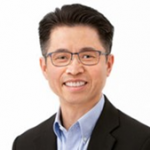 “At the core, I try to be authentic when I come to work each and every day. By being authentic, my perspectives, ideas and thoughts, which is heavily influenced by my identity and cultural heritage, naturally come out.” – Chee Wong, VP of information technology and chief technology officer (left)
“At the core, I try to be authentic when I come to work each and every day. By being authentic, my perspectives, ideas and thoughts, which is heavily influenced by my identity and cultural heritage, naturally come out.” – Chee Wong, VP of information technology and chief technology officer (left)
“I get up every day and bring the best of myself to work since I know it would not only reflect on me but also on my cultural background at my workplace.” – Moosa Zubairi, senior architect
“I introduce myself by sharing the meaning of my name, which means ‘the weather’ in Hmong. In my culture, names are important.” – Foua Choua Khang, principal government markets county/community liaison
“I am not self-made; I am made by my cultural and values-based ancestors. My people and ancestors persevered, prospered and boldly sacrificed for me to just be in this position to impact myriad determinants of health. Knowing I am my ancestors’ wildest dream, I embody their hopes in my daily life and career. Coming to this country as a refugee because of democracy and rooted in racial and social justice, I ensure that racial and health equity lives in every policy, budget, plan and initiative.” – Vayong Moua, director of health equity advocacy
“I remind myself every day that I can only make a difference if I bring my full self to work. I should be aware of the gaps I carry within myself and be able to understand those around me authentically to really make a small true difference every day.” – Kunjal Charadva
How does your identity and culture shape the work do you at Blue Cross?
“Having grown up in Malaysia as a minority and experienced racial inequality and injustices first-hand, it compels me to carry out the activities that I do as part of my job at Blue Cross in a more fair and inclusive way while recognizing that the world will always be a work in progress.” – Chee Wong
“Hmong culture is rich with collective identity, intergenerational relationships and a deep sense of ecology. People, places and time are viewed in a transcendent and interconnected way. This cultural asset aligns and evolves public policy and public health, in a way that redefines the common good to center racial and health equity.” – Vayong Moua
“We can embrace our specific cultures while strengthening those with shared and distinct experiences with injustice. Solidarity is an action word that requires us as Hmong people to challenge ourselves and white supremacy to fully actualize democracy.” – Vayong Moua
What are you most proud of when it comes to your heritage and culture?
“The thing I am most proud of about the Indian culture is that it teaches me to constantly think about others and reminds me that my world should never only revolve around myself. Even if it is just making sure that I am just sharing a meal with someone and not having a meal by myself." – Kunjal Charadva
“The Hmong diaspora has demonstrated the love, resilience and adaptability of Hmong people. Because we faced persecution as American allies, genocide and refugee displacement, our people today are leaders in social justice, academia, education, business and policy making. The creation of gold medalists (like St. Paul gymnast Suni Lee), state legislators, Blue Cross leaders, film makers and racial justice movement leaders are not by accident. They are harnessed by our embrace of community love. The collective desire to make sure we are no longer unprecedented and alone in inequitable spaces energizes our leadership.” – Vayong Moua
“I’m proud of the language, poetry and certain cuisine items that are unique to my cultures – just like in any other culture. As for family, I have a diverse family background from Middle East to South Asia. My father’s side is strictly Middle Eastern while my mother’s side is south Asian.” – Moosa Zubairi
“The U.S. is a great melting pot. You not only get to bring and share your unique cultural background but also learn from the others.” – Moosa Zubairi
What is one thing you want others to know about your identity or culture?
“One interesting anecdote to share about Malaysian Chinese is that, given our history and cultural heritage, most of us are at least bi-lingual at birth. In many cases, we are tri-lingual (e.g., Mandarin, Bahasa and English) in addition to being fluent in several Chinese dialects (e.g., Cantonese, Fujian, Teochew and Hakka).” – Chee Wong
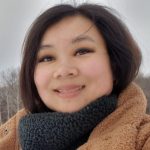 “Even the Hmong are not a monolithic people, we have many different tribes and societal structures. As Hmong people, we share our language, food and some cultural practices but in a given gathering like the Freedom Festival hosted in St. Paul where 50,000 people from all over the world come together, there would be many different kinds of Hmong (like the black, stripe or green Hmong).” – Foua Choua Khang (left)
“Even the Hmong are not a monolithic people, we have many different tribes and societal structures. As Hmong people, we share our language, food and some cultural practices but in a given gathering like the Freedom Festival hosted in St. Paul where 50,000 people from all over the world come together, there would be many different kinds of Hmong (like the black, stripe or green Hmong).” – Foua Choua Khang (left)
“I have been in the U.S. for the last 24 years and have spent more than half my life here already. I have tried to retain certain cultural traits while adopting some new ones from here to strike a good balance, thereby keeping my identity but also forging a new one.” – Moosa Zubairi

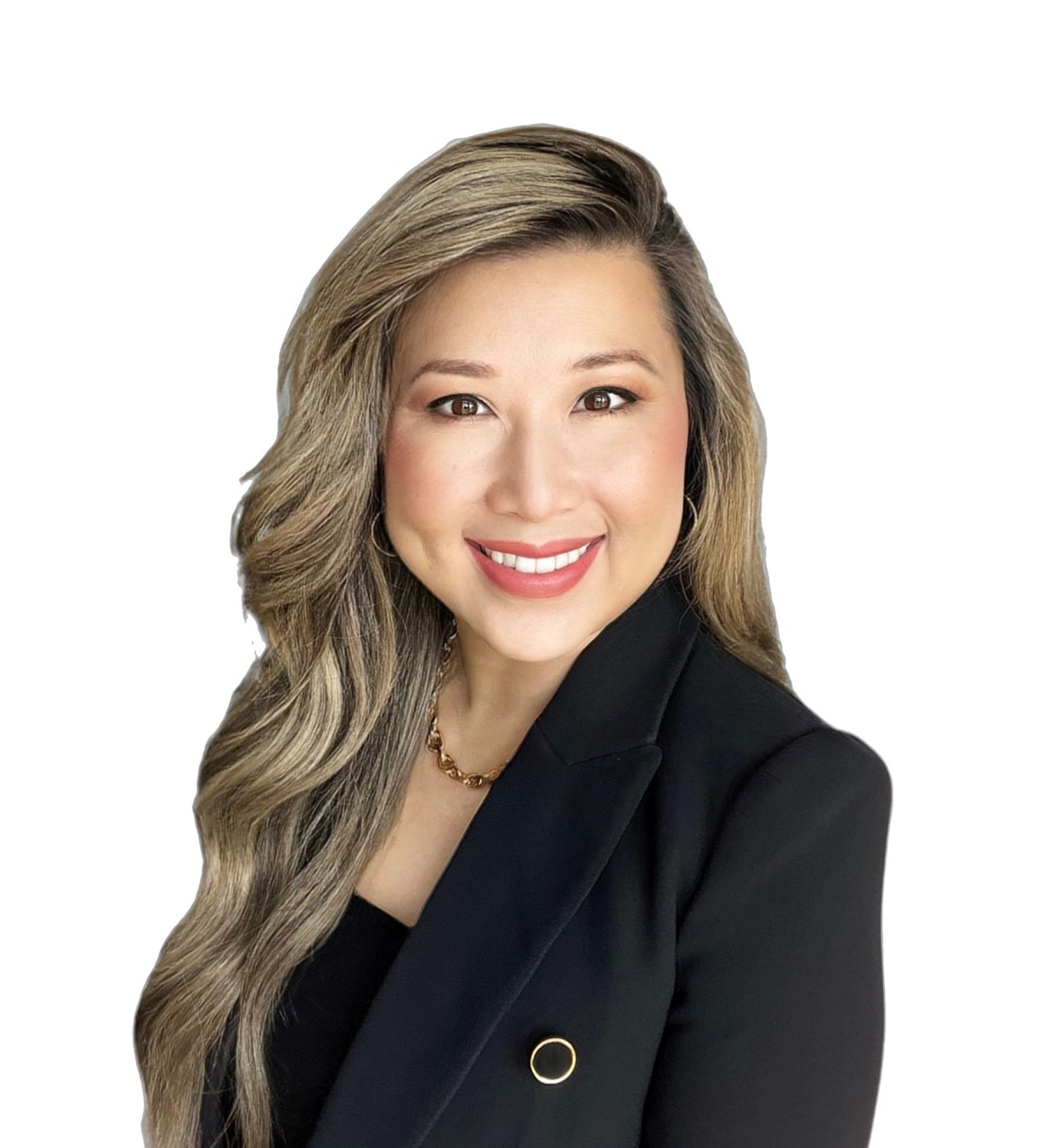
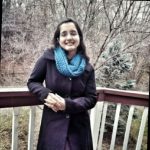
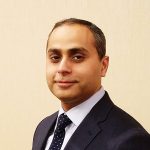
Thank you all for sharing your experiences and wisdom so openly. This was a great reminder of how we can all reflect on and embrace the values rooted in our histories to walk more gently and in community. This for me really reflected the power of personal stories, and I look forward to more!
Thanks, May, for interviewing these leaders in our company, and communities. In addition to those I know personally as fine human beings.